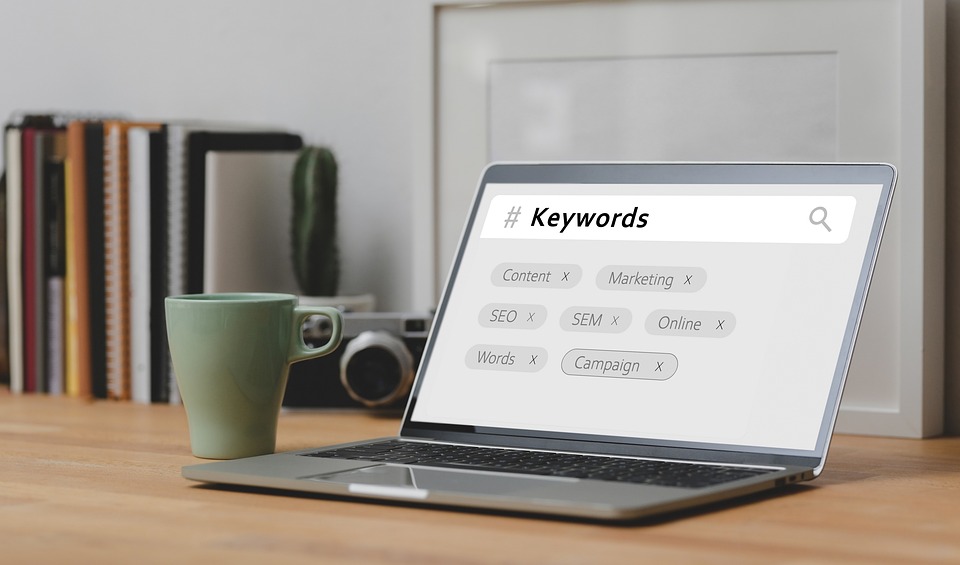
On-Page seo Simplified: The Ultimate Beginner’s Guide
Introduction
Welcome to the ultimate beginner’s guide to on-page seo! In this article, we will simplify the concepts of on-page seo to help you understand its importance and how to implement it effectively on your website. Whether you are a business owner, marketer, or simply interested in improving your website’s visibility in search engine results, this guide will provide you with all the essential information you need.
What is On-Page seo?
On-page seo, also known as on-site seo, refers to the practice of optimizing individual web pages to rank higher in search engine results and attract organic traffic. It involves optimizing various aspects of your website’s HTML source code, content, and structure to improve its visibility to search engines.
HTML Headings
HTML headings, denoted as H1, H2, H3, etc., play a crucial role in on-page seo. They provide structure to your content, making it easier for search engines to understand the hierarchy and relevance of your information. Incorporating relevant keywords in your headings can further enhance the optimization of your web pages.
Optimizing Content
Quality content is the backbone of any successful on-page seo strategy. By creating unique, informative, and engaging content, you can attract both users and search engines. Use relevant keywords strategically throughout your content while keeping it natural and reader-friendly. Additionally, including multimedia elements such as images and videos can enhance user experience and optimize your pages for better search rankings.
Title Tags and Meta Descriptions
Title tags and meta descriptions are HTML elements that provide concise information about a web page’s content. Optimizing these elements can significantly impact your search engine visibility. Ensure your title tags are descriptive, unique, and contain relevant keywords. Meta descriptions, on the other hand, should be compelling summaries that entice users to click through to your website.
URL Structure
A clean and user-friendly URL structure is vital for on-page seo. Incorporate relevant keywords in your URLs while keeping them concise and readable. Avoid using dynamically generated URLs or those containing arbitrary numbers and symbols as they can be difficult for search engines and users to interpret.
Conclusion
On-page seo is an essential aspect of digital marketing that should not be overlooked. By implementing the techniques and best practices discussed in this beginner’s guide, you can enhance your website’s visibility, drive more organic traffic, and ultimately achieve better search engine rankings. Remember, on-page seo is an ongoing process, so continuous monitoring and optimization are necessary to stay ahead of the competition.
FAQs
1. Why is on-page seo important?
On-page seo is important because it helps search engines understand and index your web pages effectively. By optimizing your content, headings, URLs, and other elements, you increase your chances of ranking higher in search engine results and attracting organic traffic.
2. How often should I update my on-page seo?
On-page seo is an ongoing process. While you may not need to update all elements frequently, it is recommended to regularly review and optimize your content, meta tags, and other on-page elements to align with the latest seo practices and trends. Additionally, keeping your website’s content fresh and up-to-date can also positively impact your search engine rankings.
3. Can I do on-page seo myself or should I hire an expert?
On-page seo can be done by anyone with basic knowledge of seo best practices. However, hiring an seo expert or digital marketing agency can provide you with specialized knowledge, expertise, and resources to maximize your on-page optimization efforts. Consider your budget, time availability, and requirements before deciding whether to do it yourself or seek professional assistance.





